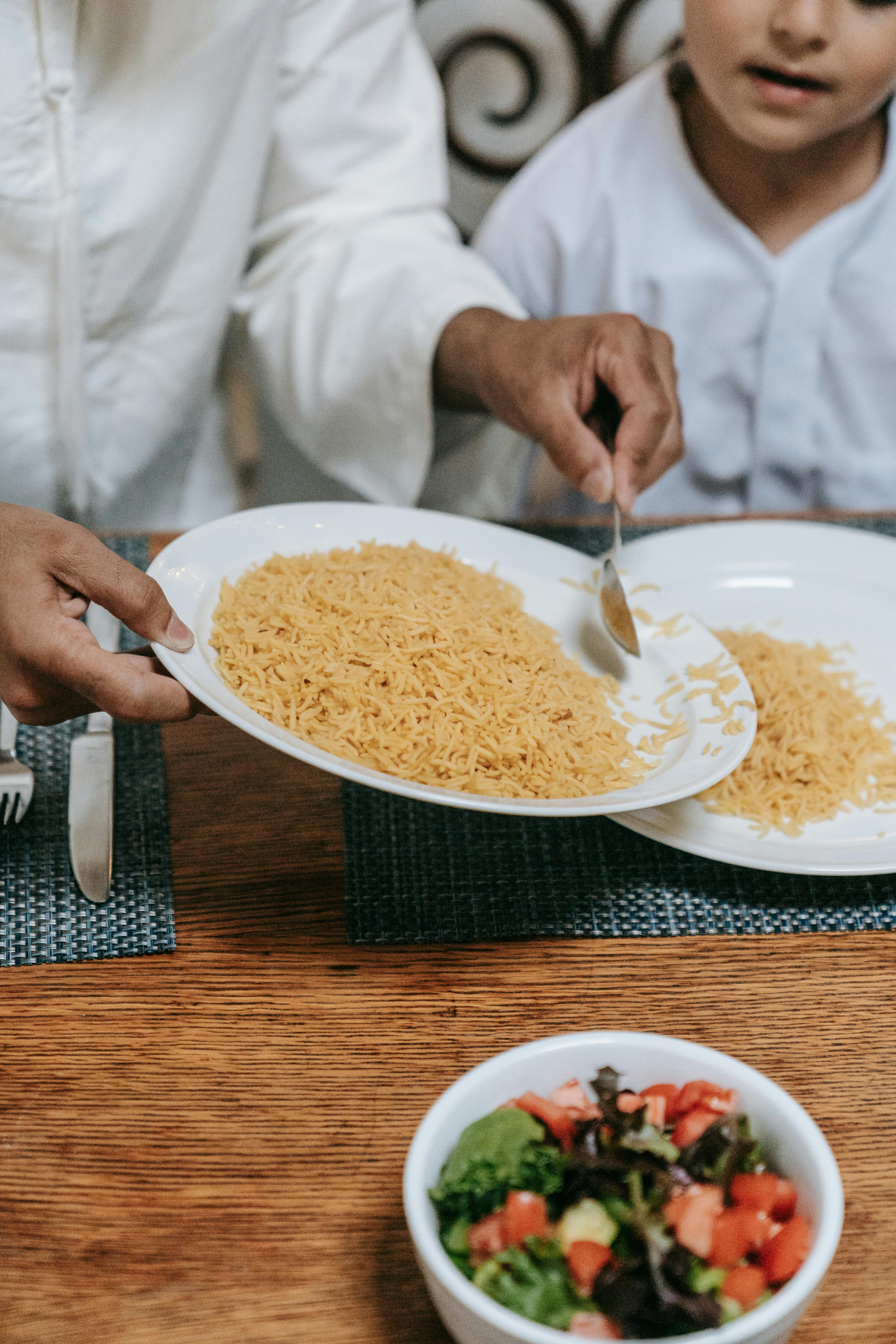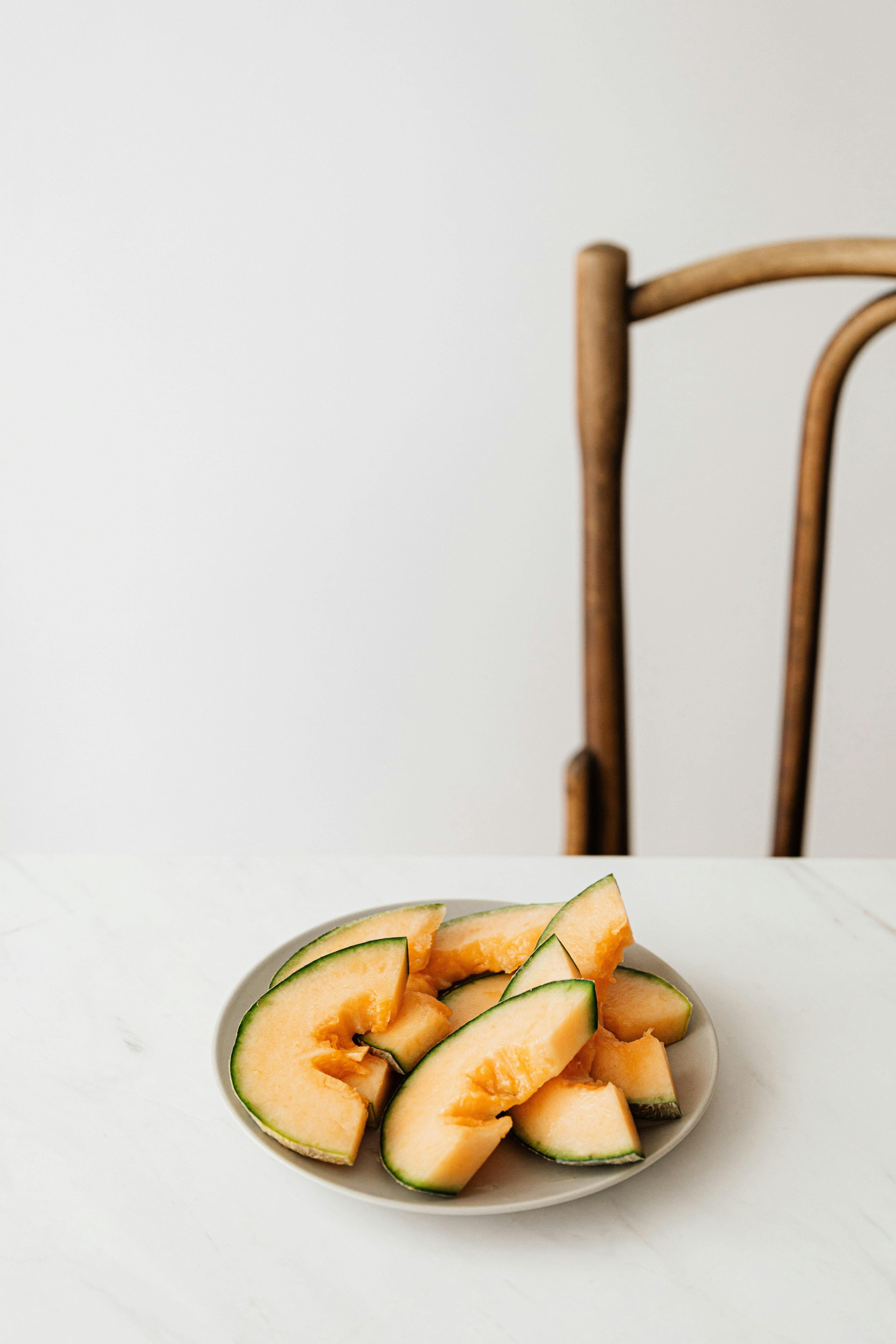
Apply Now


Understanding the Connection Between Diet and Psoriasis
Psoriasis is a chronic inflammatory skin condition that affects millions of people worldwide. It manifests as red, scaly patches on the skin, often leading to discomfort and self-esteem issues. The connection between diet and skin health has become a focal point in psoriasis management, as certain dietary choices can either exacerbate or alleviate symptoms. With an anti-inflammatory approach being venerated in the management of psoriasis, adopting a diet rich in psoriasis-friendly foods can make a significant difference. The concept of a psoriasis diet revolves around the consumption of fresh fruits, vegetables, healthy fats, lean protein sources, and whole grains. These food groups are known to help reduce inflammation and support skin renewal. Equally critical is the avoidance of inflammatory foods – for instance, reducing sugar intake and processed foods. In this article, we will delve into a comprehensive 7-day psoriasis meal plan with recipes, tips on integrating various foods, and lifestyle changes that encourage better skin health. This guide is not just beneficial for individuals suffering from psoriasis but can also aid anyone looking to improve their overall skin health and wellbeing.Benefits of an Anti-Inflammatory Diet
An anti-inflammatory diet focuses on reducing inflammation in the body, which is crucial for managing psoriasis. This type of diet is characterized by high consumption of omega-3 fatty acids, antioxidants, and dietary fiber, which can help combat the inflammatory responses that trigger psoriasis flare-ups. Consuming foods rich in these nutrients can support skin health and general wellness. Moreover, incorporating turmeric into your meals can offer significant benefits due to its natural anti-inflammatory properties. Turmeric is not just a spice; it contains curcumin, which has been widely studied for its health benefits, particularly in skin conditions like psoriasis. Furthermore, probiotics found in fermented foods aid gut health, playing an essential role in the symbiotic relationship between diet and inflammation. It's important to note that an anti-inflammatory diet isn't a one-size-fits-all approach; personalizing the diet to fit individual triggers and preferences is essential. By doing so, you can take meaningful steps toward managing your psoriatic condition while enjoying diverse and delicious meals.7-Day Psoriasis Meal Plan: Daily Overview
Now we will outline a structured 7-day psoriasis meal plan that incorporates delicious, nutrient-rich foods. Each day will focus on psoriasis-friendly options, integrating healthy recipes for breakfast, lunch, dinner, and snacks.Day 1: Emphasizing Freshness
Start your week with a focus on fresh produce. For breakfast, enjoy a smoothie packed with spinach, banana, and almond milk. Lunch can consist of a quinoa salad loaded with cherry tomatoes, cucumber, and avocado drizzled with olive oil. Dinner may feature grilled salmon seasoned with turmeric, served alongside steamed broccoli and brown rice. For snacks, opt for unsweetened apple slices with almond butter, a great source of healthy fats and protein. Remember hydration; aim for at least eight glasses of water throughout the day to promote skin hydration.Day 2: Lean Proteins and Healthy Fats
Continue your journey with lean proteins. Breakfast could be oatmeal topped with chia seeds and blueberries. A delicious and filling lunch option includes a turkey wrap in a gluten-free tortilla loaded with greens and a honey mustard dressing. For dinner, prepare grilled chicken breast seasoned with paprika, served with roasted sweet potatoes and a side of green beans. Nuts and seeds make for excellent snacks, providing essential fatty acids beneficial for skin health.Day 3: Exploring Seasonal Foods
Focusing on seasonal fruits and vegetables can enhance your psoriasis diet significantly. Breakfast might include scrambled eggs with sautéed kale and onion. A refreshing salad for lunch can be made from mixed greens, figs, and goat cheese, lightly dressed with balsamic. Dinner can feature shrimp stir-fried with mixed bell peppers and served over brown rice. Snack options include baby carrots with homemade hummus, promoting a delicious balance of taste and health.Healthy Cooking Methods for Psoriasis
In addition to focusing on what you eat, how you prepare food is essential for maintaining a psoriasis-friendly diet. Opt for cooking techniques that preserve nutrient content while avoiding excess fats and sugars.Baking, Grilling, and Steaming
Choosing baking or grilling over frying can significantly reduce unhealthy fat intake while enhancing flavor. Steaming vegetables helps retain vitamins and minerals, ensuring you get the maximum health benefits from your meals. Incorporating anti-inflammatory spices such as turmeric and ginger into your cooking not only adds flavor but also boosts the nutritional profile of your dishes. Being mindful of cooking methods plays a pivotal role in managing skin conditions like psoriasis.Portion Control and Mindful Eating
Practicing portion control along with mindful eating can help reinforce healthy habits. Paying attention to portion sizes reduces the likelihood of overeating, particularly when enjoying delicious meals. Implementing practices like chewing slowly and savoring each bite can enhance your meal experience and help recognize satiety signals, connecting you better to your eating habits. Ultimately, maintaining a balanced diet through portion control and cooking methods tailored for psoriasis can greatly help in symptom management. Be open to experimenting with meals, keeping track of which foods affect your skin positively or negatively.Exploring Skin-Friendly Snacks
Having healthy snacks on hand can support your diet goals while preventing cravings for unhealthy options that might trigger psoriasis flare-ups.Best Snack Options for Psoriasis
Some excellent snack choices include fresh fruits such as berries, which are high in antioxidants and vitamins, or yogurt rich in probiotics, beneficial for gut health. Consider making energy balls with oats, nut butter, and seeds, or enjoy raw veggies with guacamole as a perfect snack that combines flavor and nutrition. Together, these snack options will not only satisfy your taste buds but will also contribute positively to your skin health while preventing hunger throughout the day.Hydration Tips for Psoriasis
Hydration plays an integral role in skin health, particularly for those dealing with psoriasis.Importance of Water Intake
Adequate hydration supports skin elasticity and overall condition. Aim for at least eight 8-ounce glasses of water daily. Incorporating herbal teas can also be beneficial. Green tea, known for its anti-inflammatory properties, can be a great alternative. Always listen to your body's hydration needs and adjust intake based on activity levels and environmental factors.Other Hydration Sources
Beyond water, consuming water-rich foods like cucumbers, watermelon, and berries can supplement your hydration. These foods not only hydrate but also add essential nutrients to your diet. Exploring hydration strategies can help manage psoriasis symptoms effectively, supporting a holistic approach to skin health.Common Lifestyle Changes to Benefit Psoriasis Management
Aside from diet, various lifestyle changes can reinforce your psoriasis management plan effectively.Mindfulness Practices for Stress Reduction
Adopting practices like yoga and meditation can help reduce stress, thus lowering the likelihood of psoriasis flare-ups. Developing a habit of mindfulness can improve mental health and create a more manageable lifestyle. Stress management techniques can be instrumental in achieving overall well-being while supporting your dietary efforts. Coupling your psoriasis meal plan with lifestyle changes creates a comprehensive approach to combating this condition.Engaging with Community Support Resources
Connecting with community support resources provides encouragement and shared experiences with others facing similar challenges. Seeking guidance from healthcare professionals about dietary choices can lead to personalized adjustments that cater precisely to your needs. It's essential to document your journey through your psoriasis meal plan and lifestyle changes, considering which moments yield the best results for your skin health.Reflecting on Your Psoriasis Diet Journey
Embarking on a psoriasis diet can seem daunting initially, but with deliberate choices centered around anti-inflammatory foods, fresh produce, and mindful practices, it becomes a rewarding journey toward better skin health. In summary, integrating a well-planned anti-inflammatory 7-day meal plan with mindful eating habits, hydration, and lifestyle changes can lead to significant improvements in managing psoriasis. Keep in mind the impactful nature of dietary choices, incorporating skin-friendly and nutrient-rich ingredients while avoiding known triggers. The journey to enhanced skin health through diet is unique to everyone. Be patient with yourself, adaptive to changes, and remember to celebrate small victories along the way.
